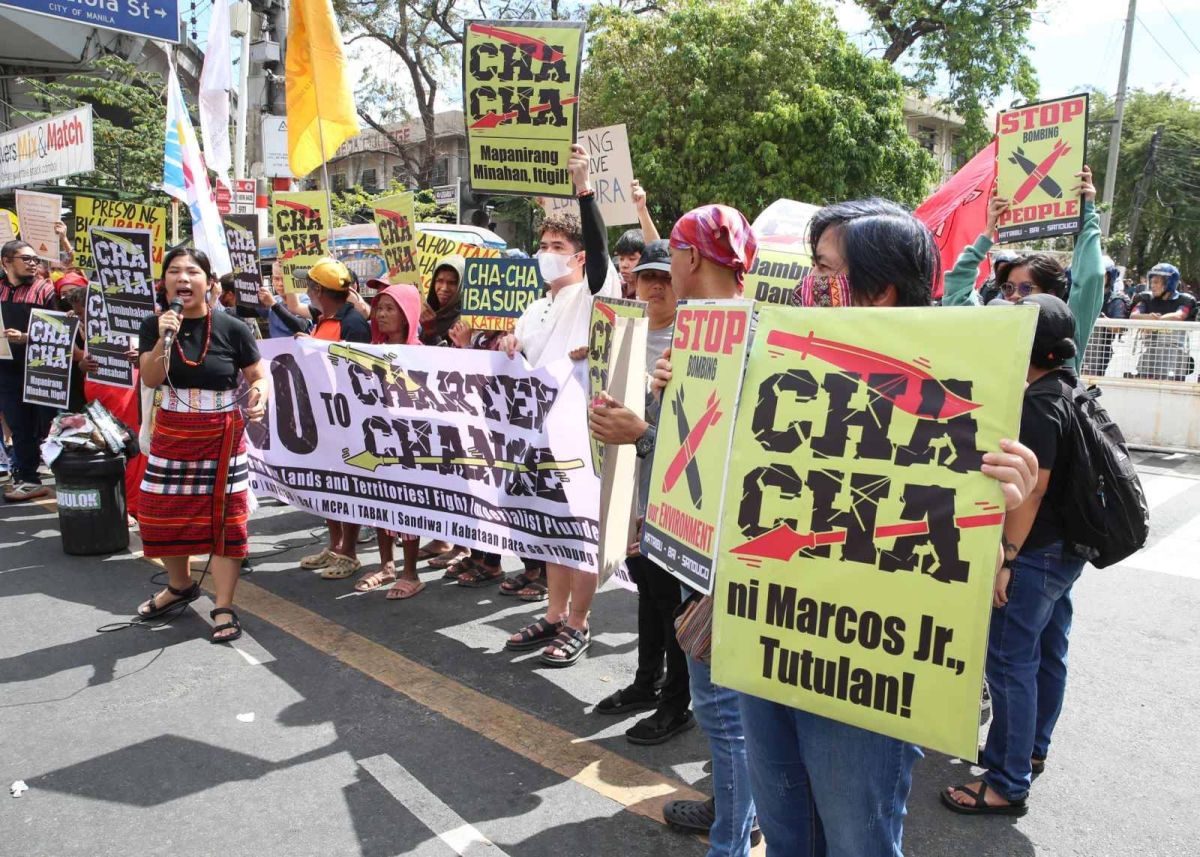Reasons for Supporting Proposed Amendments
One of the main reasons why these congressmen support the proposed amendments is because they believe that the current economic provisions in the constitution are outdated and restrictive. These provisions were put in place several decades ago when the country was facing different economic challenges. However, times have changed, and the global economic landscape has evolved significantly.
Supporters argue that by amending these provisions, the government can attract more foreign direct investments (FDIs) and encourage local entrepreneurs to expand their businesses. This, in turn, will create more job opportunities for Filipinos and stimulate economic growth. They believe that the current restrictions on foreign ownership in certain industries hinder the country’s ability to compete globally and prevent it from fully tapping into its potential.
Moreover, advocates for constitutional amendments argue that these changes will provide a more level playing field for both local and foreign investors. The current provisions, they claim, give advantages to certain industries and limit competition. By removing these restrictions, they believe that the market will become more competitive, leading to better products and services for consumers.
Additionally, supporters of the proposed amendments argue that these changes will enhance the country’s ability to adapt to rapidly changing global trends. They believe that by allowing for more flexibility in economic policies, the government can respond more effectively to emerging challenges and opportunities. This adaptability is seen as crucial in a world where technological advancements and economic disruptions occur at an unprecedented pace.
Opposition to Proposed Amendments
However, not everyone agrees with these arguments. Opponents of the proposed amendments argue that they could potentially lead to the exploitation of the country’s resources and labor force by foreign entities. They fear that removing restrictions on foreign ownership may result in the loss of Filipino control over key industries and resources, leading to economic dependence on other nations.
Furthermore, critics argue that the proposed amendments may exacerbate income inequality and further marginalize vulnerable sectors of society. They believe that the current provisions, although imperfect, provide some level of protection for local industries and workers. Removing these safeguards, they argue, may result in the concentration of wealth and power in the hands of a few, while leaving the majority of Filipinos behind.
Factors Influencing Public Opinion on Constitutional Amendments
While the survey results are acknowledged, it is important to consider the pressing issues that require legislative action. The survey questions, particularly those addressing contentious issues such as term extension, foreign exploitation of natural resources, and a shift from a presidential to a parliamentary system of government, may have inadvertently skewed responses and fostered opposition to constitutional amendments.
However, it is crucial to delve deeper into the reasons behind the public’s opposition to constitutional amendments. One possible explanation could be the lack of public awareness and understanding of the proposed changes. Constitutional amendments are complex and often require a thorough understanding of legal and political intricacies. Without proper education and information, it is natural for the public to be hesitant or even resistant to changes that they do not fully comprehend.
Another factor that might contribute to the opposition is the historical context of constitutional amendments in the country. Past experiences of abuse of power and manipulation by those in authority may have created a sense of distrust among the public. This skepticism can lead to a general reluctance to support any changes to the constitution, fearing that it may be exploited for personal or political gain.
Furthermore, the timing of the survey itself could have influenced the respondents’ opinions. Public sentiment is highly susceptible to current events and political climate. If the survey was conducted during a period of political instability or controversy, it is likely that the respondents’ opposition to constitutional amendments was influenced by these external factors.
It is also important to note that the survey sample size might not be representative of the entire population. While the survey claims to have 1,200 respondents, it is essential to consider the demographic and geographic distribution of the participants. If the sample size is skewed towards a particular region or demographic group, it may not accurately reflect the sentiments of the entire population.
Source: The Manila Times








